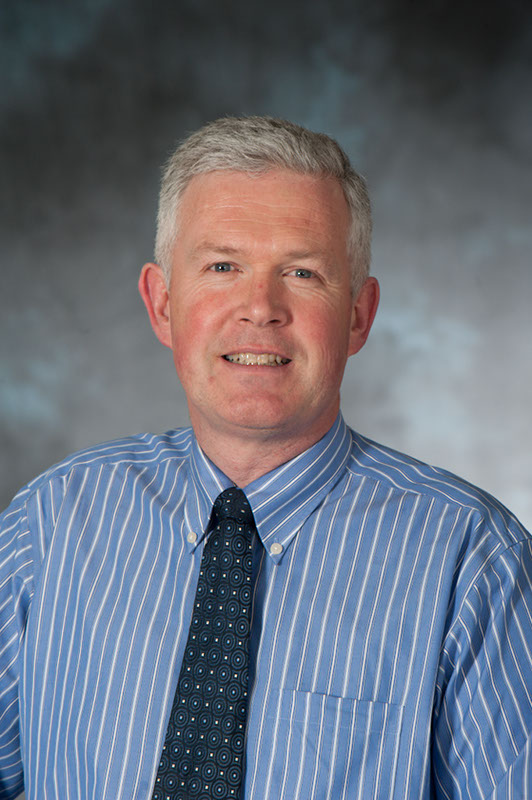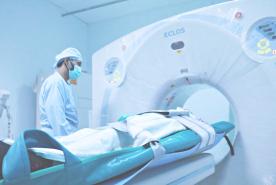December 13, 2021
Interview and Article by: Jennifer Cramer-Miller
Dr. David Power, a Primary Care Physician at Bethesda Clinic and Woodwinds Family Medicine Residency Program within M Health Fairview, is on a mission to help primary care physicians address the growing problem of chronic kidney disease (CKD). As a member of the National Kidney Foundation Medical Advisory Team, and a physician seeing patients in the same clinic for 24 years, he knows CKD is a growing public health issue. He also knows that early intervention can slow progression, positioning primary care physicians front and center to manage kidney health.
A friendly man with a twinkle in his eye, Dr. Power enjoys the continuity of care that is the hallmark of his family medicine practice. Managing his patient’s health from birth, he marvels at how babies he delivered more than 20 years ago are now medical students! Ongoing patient relationships makes his job especially rewarding. As more of his patients have developed kidney disease over the years, he believes primary care doctors need to recognize early CKD, discuss the diagnosis with the patient, and initiate treatment. With his slight Irish accent, he states with enthusiasm, “We can do a better job.”
Dr. Power references the research of Dr. Chet Fox, a family physician himself and principal investigator of an influential national study, to help primary care physicians diagnose and manage CKD. The solution is multi-faceted. Three areas of focus are 1.) kidney disease detection, 2.) proper diagnosis, and 3.) patient communication. As diabetes and hypertension rates rise (the two major causes of kidney disease), Dr. Power stresses the importance of critical screening measures in higher risk populations—checking the glomerular filtration rate (GFR), and for urinary microalbuminuria.
Patient communication is also critical, and often overlooked. How many patients with high blood pressure are told what they can do to prevent kidney disease? For example, has the patient been informed by their primary care doctor about the benefits of a low-salt diet, exercise, and avoiding medications that can be harmful to their kidneys?
Communication between primary care physicians and nephrologists is also a priority. As Dr. Power explains, “We can definitely do better here: improved collaboration between PCPs and nephrologists results in a clearer distinction of who does what and helps ensure important elements of patient care are not falling through the cracks.”
Results of this initiative are promising. Changes in education, the development of electronic record prompts flagging key CKD indicators, financial incentives that tie physician payment to quality care, and improved communication and collaboration is making a difference. These measures are synergistic with the National Kidney Foundation’s evidence-based guidelines (Kidney Disease Outcome Quality Improvement Initiative) and CKD Intercept program.
Born and raised in Ireland, (where career decisions are often made in high school) Dr. Power applied to medical school at 18. After earning his M.D. in Dublin, he began his U.S. medical career at Creighton University in Omaha. For two and a half decades he’s resided in Minnesota, and the many long-standing patients who trust him with their health are glad he’s here.
Moving forward, Dr. Power believes these primary care initiatives to confront increasing CKD rates will make a difference. With his passion and guidance, proactive CKD detection will improve the kidney health for not only his patients, but for all Americans at risk.









